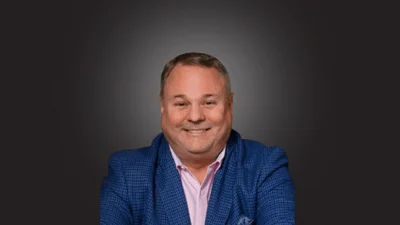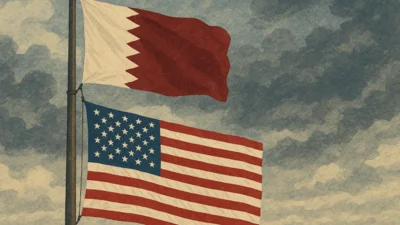Washington, D.C. -On Tuesday, Rep. Harley Rouda, the Chairman of the Subcommittee on Environment, held a virtual briefing on “Plastic Production, Pollution and Waste in the Time of Covid-19: The Life-Threatening Impact of Single Use Plastic on Human Health."
At the briefing, the Subcommittee heard testimony from Judith Enck, President of Beyond Plastics and the Former EPA Regional Administrator; Monique Harden, Assistant Director of Law and Public Policy and Community Engagement Program Manager for the Deep South Center for Environmental Justice; Kimberly Terrell, Ph.D., Staff Scientist at the Tulane Environmental Law Clinic; Yvette Arellano, Policy Research and Grassroots Advocate for T.E.J.A.S.; Carroll Muffett, President and CEO of the Center for International Environmental Law; and Tony Radoszewski, President and CEO of the Plastics Industry Association.
All the briefers agreed there is a solid waste problem in the United States.
Americans face serious health risks as a result of our over-reliance on plastics, and these health risks have become of heightened concern due to the coronavirus pandemic.
* Carroll Muffett stated that the plastics industry is exploiting the coronavirus pandemic to increase the demand for single-use plastic items through misinformation about health and safety benefits in comparison to more sustainable options.
* Yvette Arellano shared her experience living in a fenceline community during the coronavirus pandemic-her family suffers from underlying health conditions due to high levels of industrial pollution in their community, and her mother, an essential worker, has had coronavirus twice.
Fenceline communities, which are often communities of color, bear the brunt of the impact from the plastics and petrochemical industries at a disproportionate rate, and these same communities face an increased risk for negative coronavirus outcomes.
* Dr. Kimberly Terrell stated that St. John the Baptist Parish, located in the Cancer Alley region of Louisiana, has the highest per capita death rate in the United States, and this predominately African American community is being hit particularly hard by the coronavirus crisis.
* Monique Harden stressed the injustices perpetuated through the permitting process for industrial facilities and the need to incorporate the voices of communities directly impacted by industrial pollution in the decision-making.
Briefers raised serious concerns regarding the pervasiveness of microplastics and the serious health risks that may be linked to the material.
* Carroll Muffett stated that plastic enters our bodies in various ways-including through drinking water, the inhalation of polluted air, seafood, soils and crops, and surface contact.
Briefers urged Congress to advance legislation, like H.R. 5845, the Break Free From Plastic Pollution Act
* H.R. 5845 is aimed at reducing the amount of single-use plastic we use and dispose of, encouraging a shift to reusable materials and other alternatives, and requiring plastic producers to play a role in financing waste management.
* Former EPA Regional Administrator Judith Enck stated that it is a myth that we can recycle our way out of this problem and that we need to reduce the production of plastic and embrace non-plastic alternatives.








